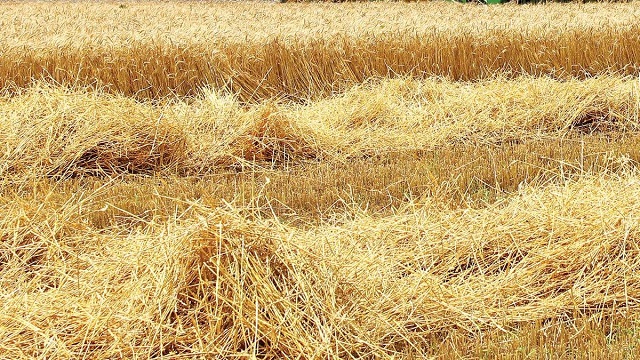In a promising leap for sustainable fashion, researchers at Sweden’s Chalmers University of Technology have developed a method to produce eco-friendly textile fibres from agricultural waste like wheat straw and oat husks.
By using a simplified soda pulping process—boiling raw material in non-toxic lye—the method avoids the harsh chemicals typically required in wood-based cellulose fibre production. The team found that waste from wheat and oats yielded particularly effective results for creating dissolving pulp, a key material in textile fibre manufacturing.
“This is an important step toward making textiles from waste, instead of water-hungry cotton or overused wood,” said Diana Bernin, assistant professor at Chalmers and lead researcher on the project. “Our method is cleaner, simpler, and uses crops Sweden already grows in abundance.”
The technique also successfully works with grass press-cake, a byproduct from field crops, expanding its potential. Researchers believe this innovation could repurpose existing pulp-and-paper mill infrastructure, drastically cutting the cost and carbon footprint of fibre production.
Lead author Joanna Wojtasz, now with Tree to Textile, emphasized the larger implications: “Agricultural waste shouldn’t be overlooked—it’s a goldmine for sustainable clothing materials.”
With global fashion under pressure to decarbonize, this innovation signals a viable, scalable path to turning farm leftovers into fibre for future wardrobes.





